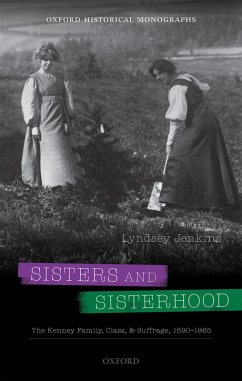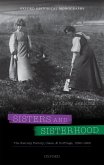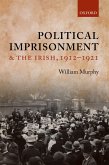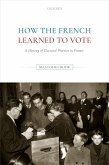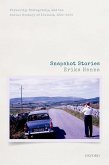The Kenney family grew up in Saddleworth, outside Oldham, in the last decades of the nineteenth century. In 1905, three of the sisters met Christabel Pankhurst, a turning point which changed the rest of their lives. Annie Kenney became one of the leaders of the Women's Social and Political Union (WSPU), Jessie was an organiser at the heart of the organisation, and Nell campaigned outside the capital. Caroline and Jane used their connections within the suffrage movement as the springboard for careers in innovative education on both sides of the Atlantic. While working-class women are increasingly acknowledged in histories of the WSPU, this study is the first to make them the primary focus, and, in doing so, it opens up a new conversation around sex, class, and politics, and how these categories interacted in this period. This is a study of the possibilities for, and experiences of, working-class women in the militant suffrage movement. It identifies why these women became politically active, their experiences as activists, and the benefits they gained from their political work. It stresses the need to see working-class women as significant actors and autonomous agents in the suffrage campaign. It shows why and how some women became politicised, why they prioritised the vote above all else, and how this campaign came to dominate their lives. It also places the suffrage campaign within the broader trajectory of their lives to stress how far the personal and political were intertwined for these women. Although this is a book about 'working-class suffragettes', Lyndsey Jenkins also reveals what it says about women as workers and teachers, religious believers and political thinkers, and friends and colleagues, as well as suffragettes. Above all, it is a study of sisterhood.
Dieser Download kann aus rechtlichen Gründen nur mit Rechnungsadresse in A, B, BG, CY, CZ, D, DK, EW, E, FIN, F, GR, HR, H, IRL, I, LT, L, LR, M, NL, PL, P, R, S, SLO, SK ausgeliefert werden.

